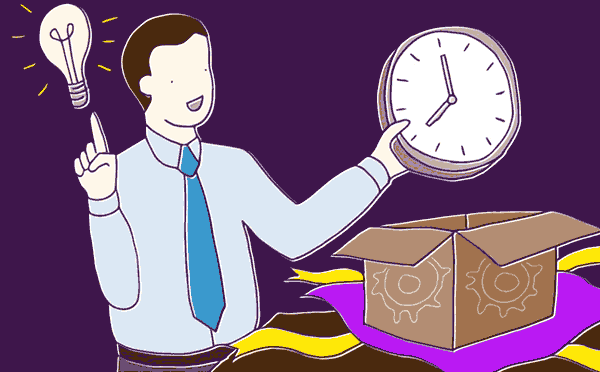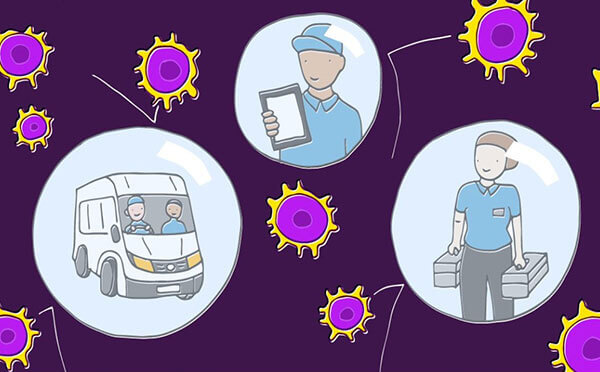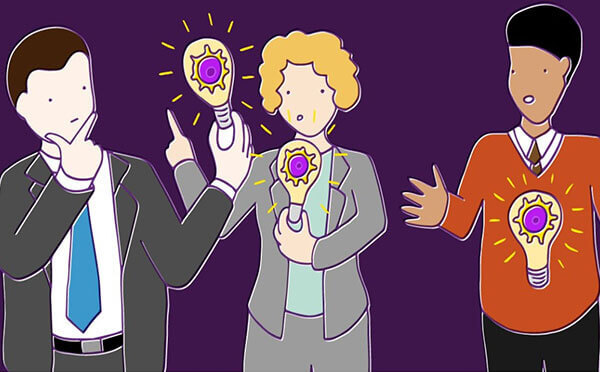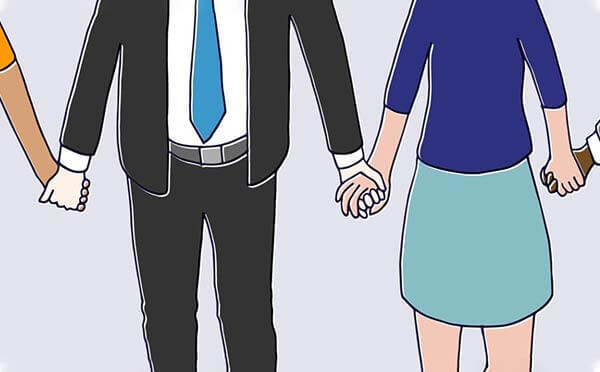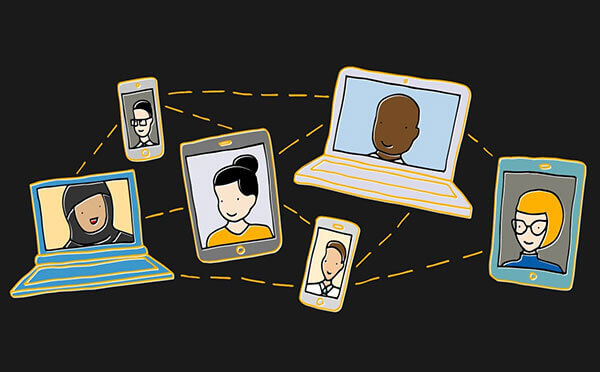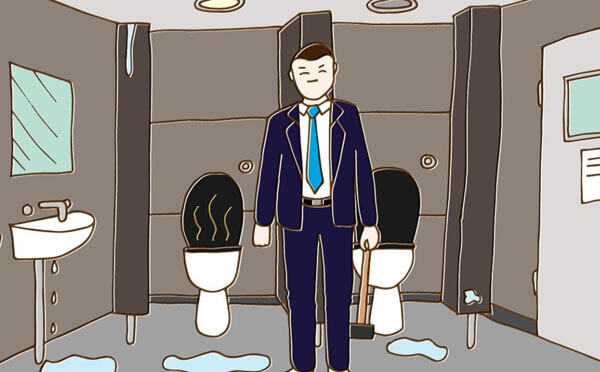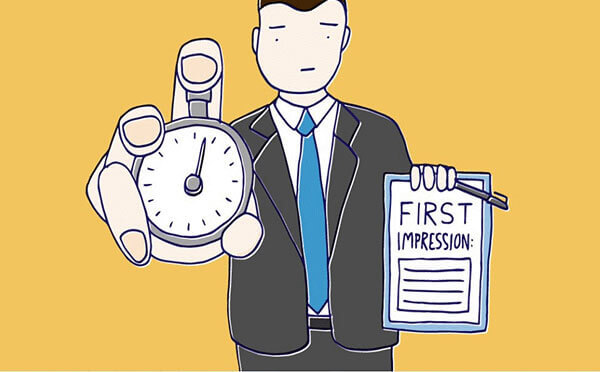The coronavirus outbreak and subsequent UK lockdown has changed our working lives completely.
There are advantages and disadvantages to this ‘new normal’. It’s easy to focus on the negative: last week, I admit that I felt a bit lost.
I’m used to roving the shop floor, looking for areas where we can make improvements. I’m a ‘face to face’ leader, and I like chatting through ideas with my team and visiting customers. It’s taken some time to adjust to web meetings and working in the virtual world.
But now that I’m in the swing of remote working, I’m starting to see some major benefits. I’m no longer working from the office, which means I’m saving an hour a day in travel time. That’s an extra five hours a week – a major bonus.
Being based at home seems to save time in so many ways, because everything you need is all in one place and there are no distractions. Even if lockdown lifts in two weeks’ time, my family will stay in isolation for 12 weeks. My son has asthma, putting him in the ‘at risk’ category, so we are taking every precaution.
I’ve found myself with more free time than I have in years and I’m determined to make the most of this opportunity. I believe that we need to constantly look for ways to improve – not just our businesses but ourselves. If you stop trying to be better, you lose your edge.
I’ve been focusing my attention on creating special projects that will ensure BigChange is even more efficient and lean when the recovery comes around. I’ve been looking at improving service levels, enhancing the way teams work together, and finding any gaps in the organisation that need filling. I’ve never had the time to look at these areas in fine detail before and it’s been a revelation.
I’ll be honest with you. At BigChange, we are expecting to see some slowdown in sales as prospective customers hunker down and wait for this uncertainty to pass. But this doesn’t mean we are sitting on our hands here. Instead, we’re investing heavily in new data warehouse architecture, moving resource into product development, and creating some new marketing initiatives to keep up a buzz about BigChange. This is a really good time to start new projects. There’s not the same amount of pressure on day-to-day operations. There is room to breathe, review, and plan.
I’ve spent many years building businesses and I’ve learned there is more than one kind of return on investment. Changes we make now could have a significant impact on the success of BigChange in the future, whether it’s brand trust, customer loyalty or employee morale.
This is also the perfect time to invest in your customers, your community and the UK business ecosystem. I have more time to spend helping others, be that through business mentoring, support for customers who want to understand BigChange’s technology better, or advice for organisations who want an entrepreneur’s take on the challenges they face.
If this sounds like you, drop me a line. I’ll do everything I can to help. I aim to support as many people and organisations as I can during this lockdown – and hopefully beyond.
This is the time to review your working day and make permanent changes. It’s a time to ditch the unhelpful habits that are holding you and your business back. This is a challenging time but it’s not all doom and gloom. Seize the opportunity.

